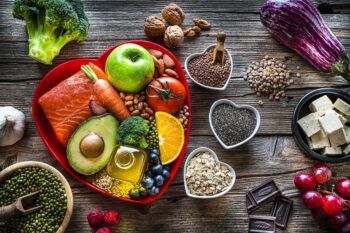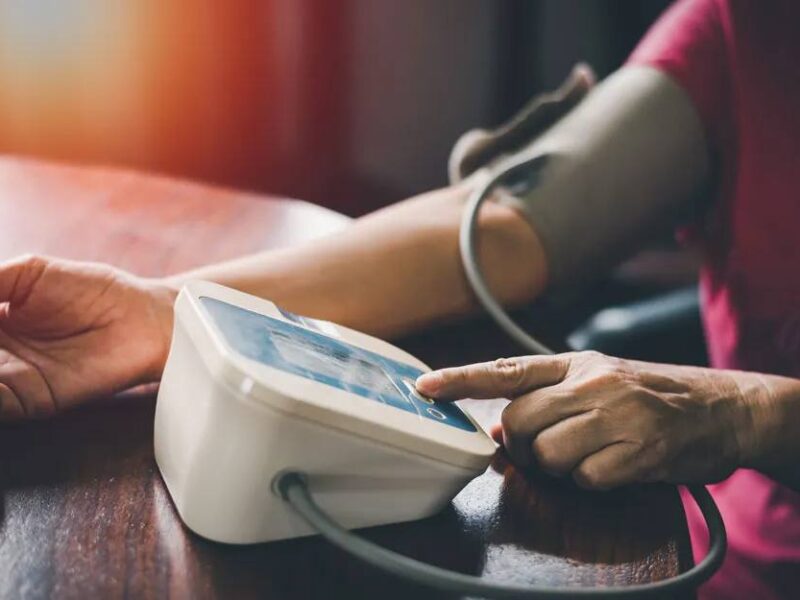Consuming Flavonoids Helps Fight Symptoms Of Endometriosis, Texas A&M Researchers Find

Researchers at Texas A&M University’s School of Veterinary Medicine and Biomedical Sciences (VMBS) have found a correlation between a compound found in fruits and vegetables and a reduction in the symptoms of endometriosis.
In an article published in the journal Endocrinology, the researchers outline how flavonoids may be able to help suppress the symptoms of inflammatory diseases like endometriosis. In endometriosis, cells similar to those in the lining of the uterus begin growing in other places in the body, causing inflammation. The painful condition affects millions of women, and there is no cure.
Flavonoids have been associated with anticancer, antioxidant, anti-inflammatory and antiviral medical benefits, but the details of how they work have remained a mystery.
“Scientists have known for a while that people who eat more fruits and vegetables tend to live longer and have lower risk for many types of diseases, including Parkinson’s and Alzheimer’s diseases,” said Dr. Stephen Safe, a professor in the Department of Veterinary Physiology and Pharmacology at VMBS.
“We were able to show that there is a strong connection between flavonoids and endometriosis,” he said. “By eating more foods that contain flavonoids, people are more likely to reduce their chances of endometriosis or reduce the severity of its symptoms.”
Being Receptive
Safe is best known for his work in developing novel anticancer drugs that target specific receptors, which are proteins that allow cells to send and receive messages. Flavonoids act in ways similar to some of the drug treatments that Safe’s laboratory has developed for diseases like endometriosis.
“We looked at more than 20 flavonoids, and many of them showed an interaction with NR4A1 and NR4A2, which are two of the receptors that we study,” he said. “Both of these receptors are involved with regulating inflammation, which is why we target them for treating endometriosis.”
The two flavonoids that showed the most influence on NR4A1 and NR4A2 were Quercetin and Kaempferol, which are commonly found in apples, broccoli, berries, tea, onions and red wine.
“Now we know that these are the flavonoids most likely to help with treating symptoms of endometriosis,” Safe said.
The Power of Flavonoids
While this discovery is encouraging for developing treatment options for endometriosis, Safe said there is still more to discover about flavonoids before adding them to patient care recommendations.
“We’re not yet to the point of handing out prescriptions for flavonoids to treat endometriosis,” Safe said. “What we know right now is that there’s a connection between flavonoids and the cell receptors that govern inflammation.”
Until scientists have more information about this connection, the best way to benefit from flavonoids seems to be eating more foods that contain them.
“We certainly hope that this new discovery will lead to better supplements that might work as treatments for endometriosis,” Safe said. “Currently, it’s difficult to study flavonoids in clinical trials because the body doesn’t build up a high enough concentration to monitor.
“For example, you could take lots of flavonoid supplements, but your body would only absorb a certain amount,” he said. “Improved methods for delivering the health-promoting effects of flavonoids and other food-derived antioxidants are required before they’re effective.
“For now, you’re better off incorporating foods with flavonoids into your regular diet as opposed to taking a supplement now and then,” he said.
Media contact: Jennifer Gauntt, jgauntt@cvm.tamu.edu





